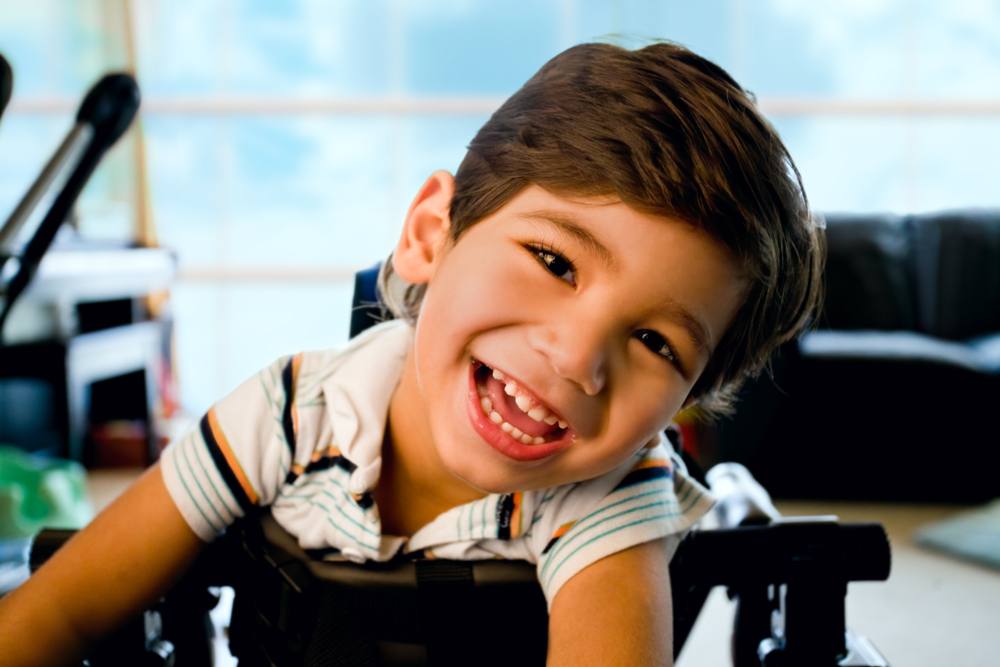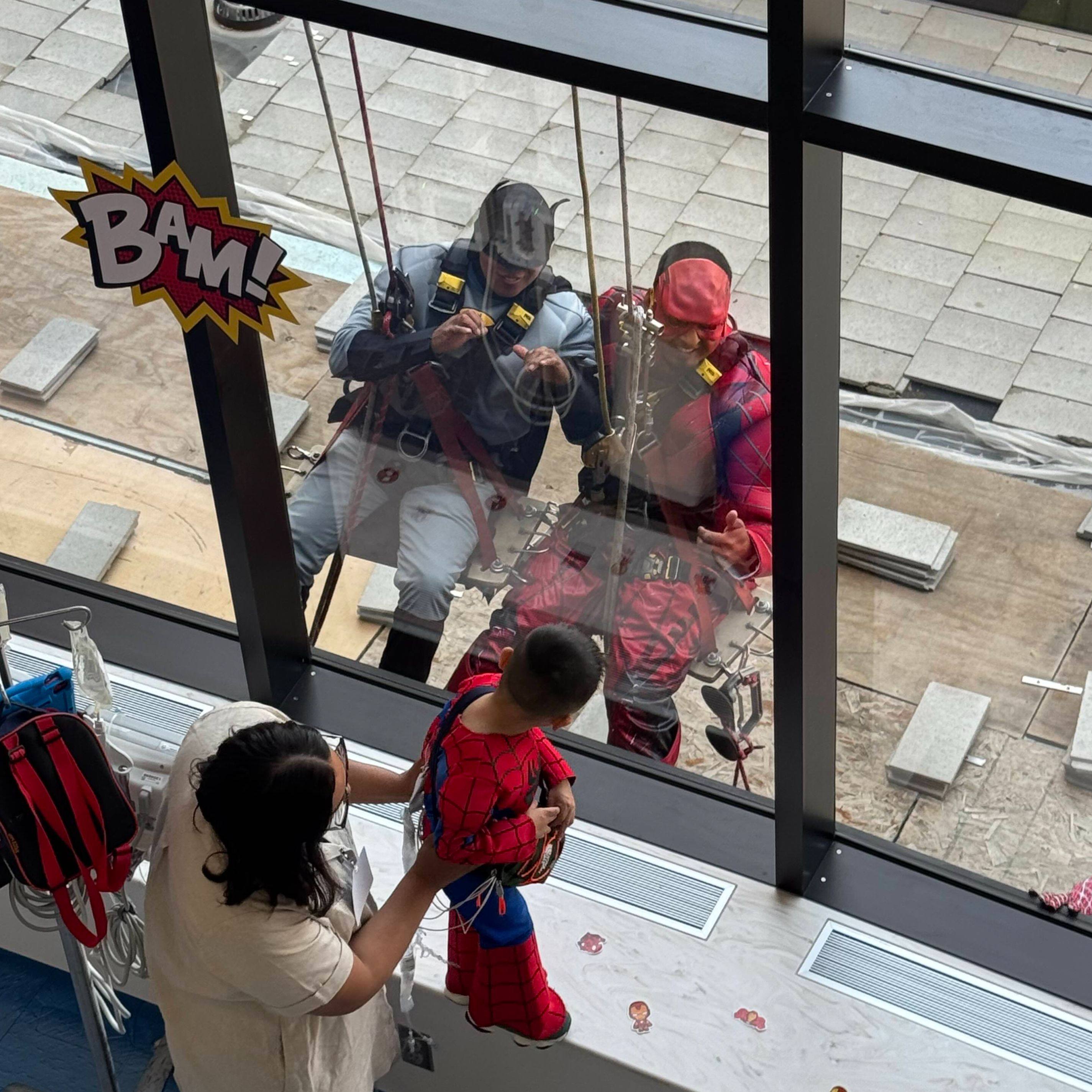-
Mayo Clinic Q&A podcast: Early intervention can help kids with cerebral palsy

Children with cerebral palsy may require lifelong care from a medical care team, but early intervention and treatments can improve function.
Cerebral palsy is a group of disorders that affect movement and muscle tone or posture. It's caused by damage that occurs to the immature, developing brain, most often before birth. Signs and symptoms appear during infancy or preschool years. In general, cerebral palsy causes impaired movement associated with exaggerated reflexes, floppiness or spasticity of the limbs and trunk, unusual posture, involuntary movements and unsteady walking, or some combination thereof.
For children with cerebral palsy, the care team likely will include a pediatrician or physical medicine and rehabilitation specialist, a pediatric neurologist, and a variety of therapists and mental health specialists. These experts give special attention to needs and issues that are more common in people with cerebral palsy, and they can work together with the primary care provider to develop a treatment plan.
On the Mayo Clinic Q&A podcast, Ask the Mayo Mom host Dr. Angela Mattke, a Mayo Clinic pediatrician, is joined by Mayo Clinic Children’s Center expert Dr. Joline Brandenburg, a physical medicine and rehabilitation specialist, to discuss important aspects of health for children with neurodevelopmental disabilities and what families and health care professionals can do to offer support.
For more information and all your COVID-19 coverage, go to the Mayo Clinic News Network and mayoclinic.org.

Related Articles







